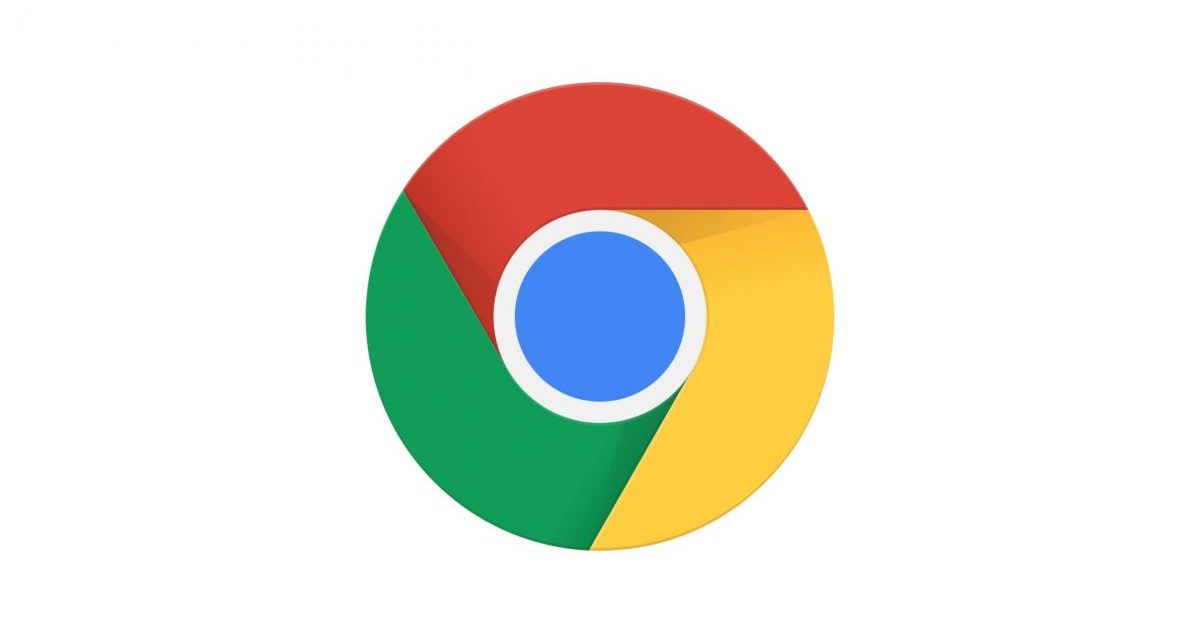The Google Chrome team has announced its version 99 update of the browser with the news that it now scores 300 in Apple’s own Speedometer browser responsiveness benchmark on Mac, easily surpassing Safari.

Chrome is now 43% faster on M1 Macs compared to when it first launched for Apple Silicon
The update on the Chromium blog, posted by Max Christoff, Senior Director, Chrome Engineering goes into details on the various optimization techniques, computer updates, and other changes that have contributed towards achieving this feat.
The biggest optimization technique is ThinLTO, which inlines speed-critical parts of the code base, even when they are located in different files and libraries. This helps Chrome on Mac perform 7% faster than Safari.
Other graphics optimizations, pass-through decoder and out-of-process rasterization, allow Chrome to perform 15% faster than Safari. All these improvements now make Chrome more than 43% faster on M1 Macs, compared to 17 months ago when the first Apple Silicon version of the browser was launched.
There have been other new updates that have helped Chrome perform better than ever. These include the following:
- V8 Sparkplug compiler – this is a new mid-tier JavaScript compiler for V8 that generates efficient code with low compilation overhead.
- Short builtin calls – these new calls used by the V8 JavaScript engine optimize placement of generated code in memory, and boost performance by avoiding indirect jumps when functions are called. This helps improve performance significantly on M1 Macs.
V8 Sparkplug compiler and short builtin calls were first introduced with Chrome 91 for Mac.
Despite all these improvements, Safari is still the browser of choice for Mac users who look for the best battery efficiency. Chrome has been working towards reducing its power usage over time but it is still not there yet.
Due to its resource utilization, Chrome has been the target of criticism, often unfairly, by Mac users. There was an unproven allegation a while ago that its Keystone updater slowed down Macs, while it was also claimed that Chrome uses 10X more RAM than Safari, a claim we debunked early last year.

